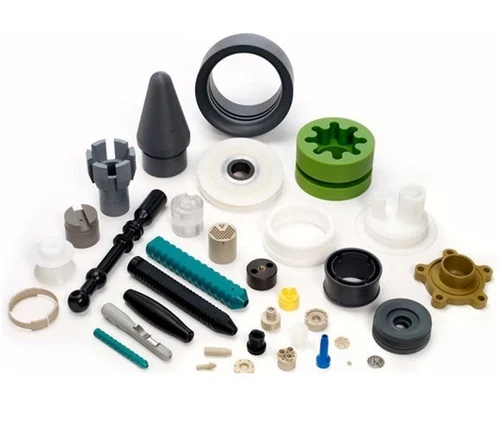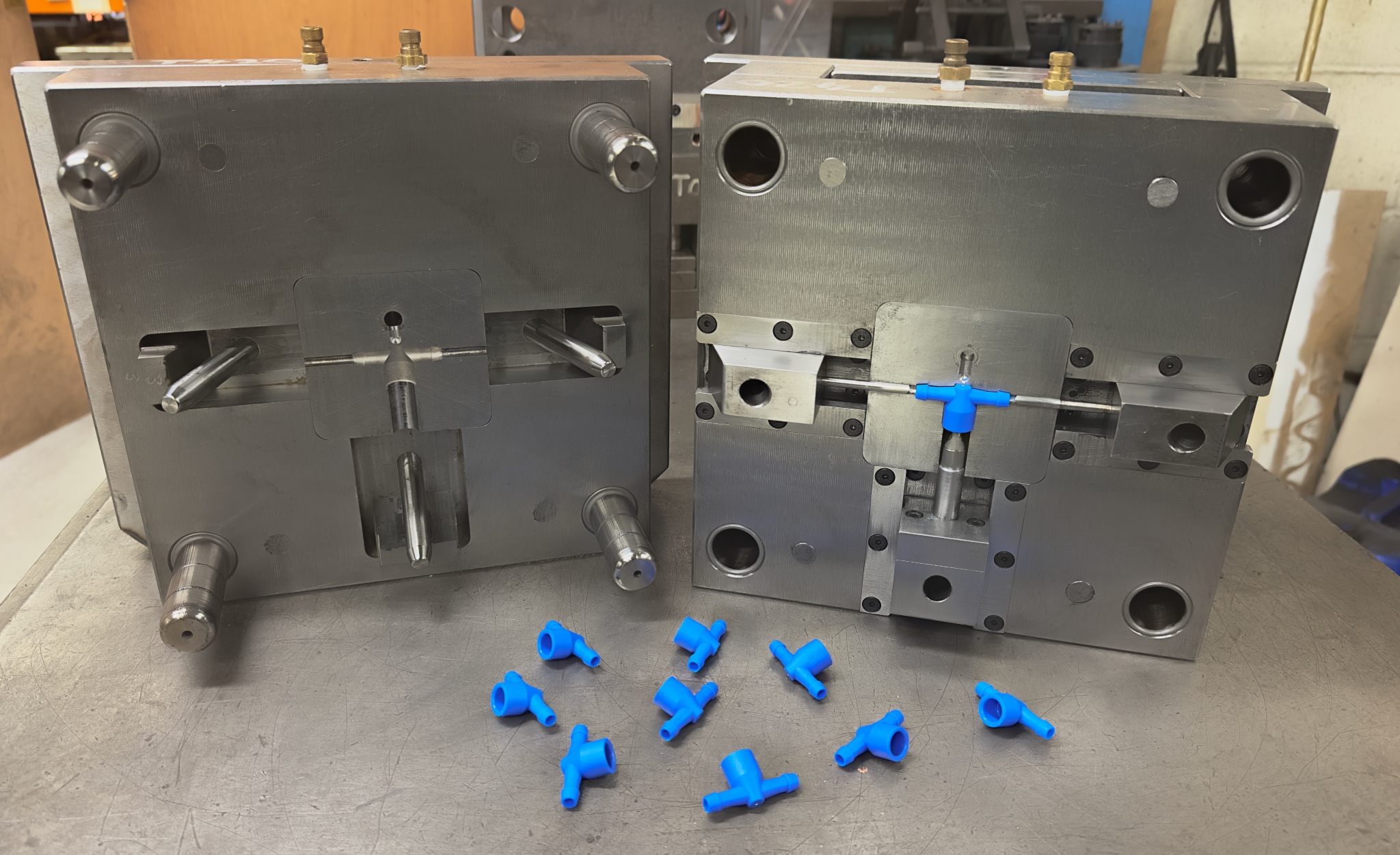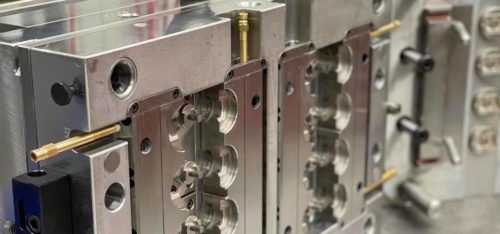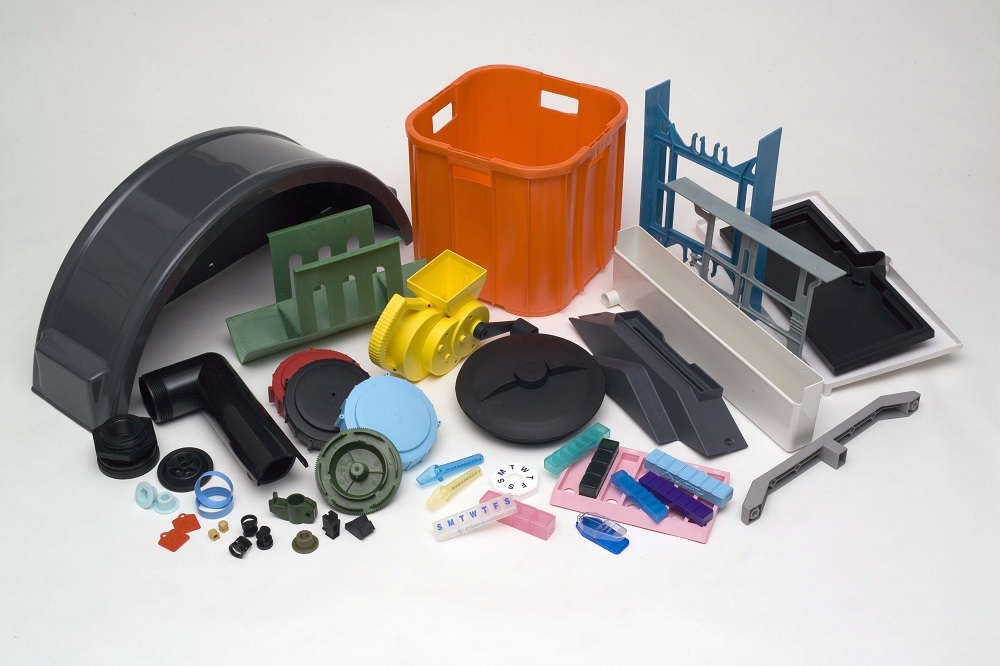

Plastic mold manufacturers
Plastic Mold Manufacturer: A Complete Guide to
Choosing the Right Partner
When it comes to manufacturing plastic components with high precision and
efficiency, the role of a plastic mold manufacturer is indispensable.
These companies specialize in designing and producing custom molds that shape
raw plastic into functional parts used across industries such as automotive,
medical, consumer goods, and electronics.
In this blog post, we’ll explore what plastic mold manufacturers do, what
services they offer, key technical specifications, and how to choose the right
one. We’ll also answer frequently asked questions to help guide your
decision-making process.
What Does a Plastic Mold Manufacturer
Do?
A plastic mold manufacturer is responsible for the design,
fabrication, testing, and maintenance of molds used in plastic injection
molding, blow molding, compression molding, or other plastic forming processes.
These molds are the critical tools that define the geometry, texture, and
structural features of the final product.
Plastic mold manufacturers typically work closely with product designers,
engineers, and injection molding companies to ensure the molds meet technical
requirements, production volume expectations, and cost targets.
Core Services Offered by Plastic Mold
Manufacturers
A reliable plastic mold manufacturer offers a full range of services to
support both prototyping and full-scale production:
1. Mold Design and Engineering
Using advanced CAD and simulation tools, engineers design the mold based
on part geometry, material type, and production needs.
2. Tooling Fabrication
High-precision machining technologies such as CNC milling, EDM
(electrical discharge machining), and surface grinding are used to produce
complex mold components.
3. Prototype Molding
Manufacturers may create soft (aluminum) or rapid prototype molds for
testing part fit, form, and function before committing to full-scale
production.
4. Mold Testing and Validation
Trial runs and sample production are conducted to verify part quality,
proper cooling, and ejection performance.
5. Mold Maintenance and Repair
After delivery, ongoing maintenance services are provided to extend the
mold’s life and ensure consistent performance over time.
Specifications to Expect from a
Quality Plastic Mold Manufacturer
Here are key technical specifications and features to consider when
evaluating a mold manufacturer:
|
Specification |
Standard or Range |
|
Mold Base Material |
Steel (P20, H13, S136), Aluminum |
|
Mold Life Expectancy |
100,000 to over 1,000,000 cycles |
|
Cavity Number |
Single, 2, 4, 8, 16, 32+ cavities |
|
Tolerances Achievable |
±0.01 mm to ±0.05 mm |
|
Surface Finish Options |
SPI A1–D3, EDM texture, VDI, mirror polish |
|
Supported Plastics |
ABS, PC, PP, PE, TPE, Nylon, POM, PEEK, etc. |
|
Cooling System |
Conventional or conformal cooling channels |
|
Hot/Cold Runner Options |
Hot runner, cold runner, valve gates |
|
CAD/CAM Software Used |
SolidWorks, Siemens NX, CATIA, AutoCAD, Moldflow |
|
Certification Options |
ISO 9001, ISO 13485 (medical), IATF 16949 (automotive) |
Industries Served by Plastic Mold
Manufacturers
Plastic mold manufacturers cater to a wide variety of industries that
demand durable, high-precision plastic parts:
- Automotive – Interior
panels, lighting housings, and under-hood parts.
- Medical – Syringes,
diagnostic device housings, and surgical instruments.
- Consumer Goods – Packaging,
kitchen tools, toys, and electronics casings.
- Electronics – Connectors,
smartphone cases, switch housings.
- Aerospace &
Defense – Lightweight components, enclosures, and support structures.
Each industry may have unique regulatory or tolerance requirements, so
selecting a manufacturer with domain expertise is vital.
How to Choose the Right Plastic Mold
Manufacturer
Selecting the right manufacturing partner involves evaluating technical,
operational, and customer service capabilities. Here are the most important
factors to consider:
1. Experience and Industry Knowledge
Choose a company with proven experience in your specific industry or
similar product types.
2. In-House Capabilities
Ensure the manufacturer can handle the entire mold-making process
internally—from design to validation.
3. Material Knowledge
The right manufacturer will recommend the best materials for your
application, considering durability, mold life, and cost.
4. Certifications and Quality
Standards
ISO or industry-specific certifications demonstrate a commitment to
quality and compliance.
5. Post-Delivery Support
Maintenance, rework, and after-sales support are critical to the
long-term performance of your mold investment.
FAQs About Plastic Mold
Manufacturers
Q1: How long does it take to
manufacture a mold?
A: The lead time for mold manufacturing typically ranges from 4 to 12 weeks
depending on complexity, number of cavities, and revisions.
Q2: Can a mold be reused for different
parts?
A: No, each mold is custom-made for a specific part geometry. Modifying an
existing mold is possible but often expensive and time-consuming.
Q3: What is the difference between
prototype and production molds?
A: Prototype molds (usually aluminum) are used for short runs and testing,
while production molds (usually steel) are durable and built for high-volume
manufacturing.
Q4: What materials can a plastic mold
work with?
A: A quality plastic mold can be designed to handle a wide range of
thermoplastics, including ABS, polycarbonate, polyethylene, polypropylene,
nylon, and more.
Q5: Do plastic mold manufacturers
offer global shipping and support?
A: Many reputable manufacturers offer international service and global
logistics support. However, local support or partnerships in your region can
improve turnaround times and communication.
Final Thoughts
Working with a trusted plastic mold manufacturer is a vital part
of any product development and production process. Whether you're launching a
new consumer product or producing high-volume automotive parts, the quality and
reliability of your mold will directly impact your production efficiency, product
quality, and bottom line.



